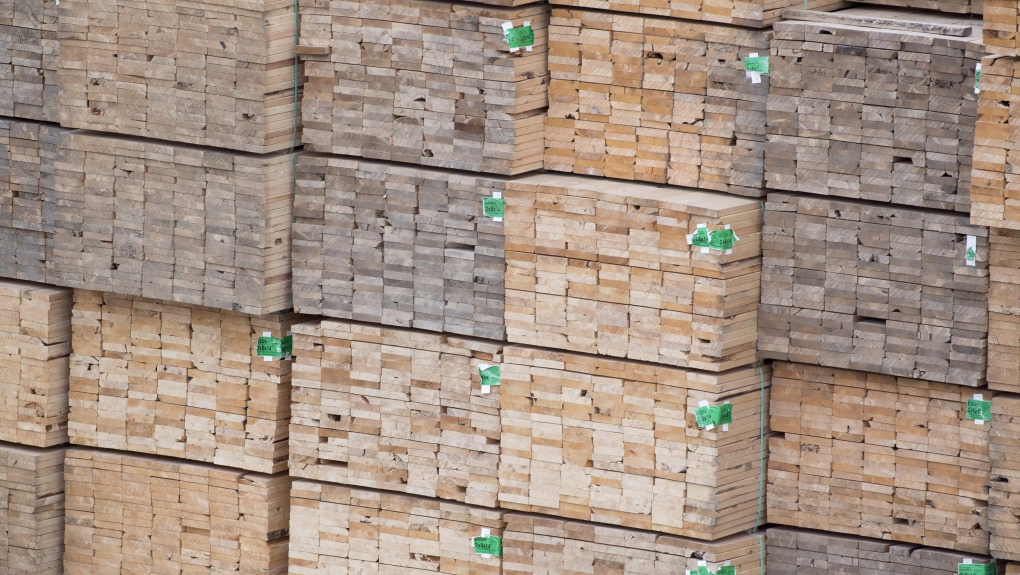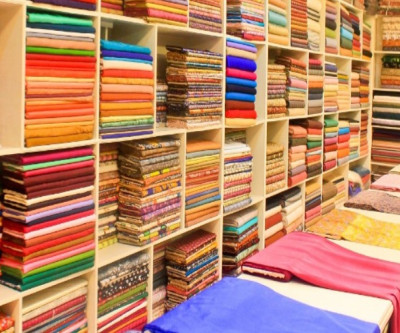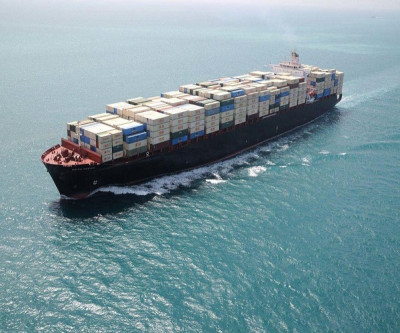Latest News
- Four years after Indigenous woman dies in Niagara Hospital, family still waiting for coroner's investigation
- Lawyer: British Columbia RCMP officer should be fired or resign immediately
- B.C. government looks to offer loan guarantees to property owners in Cowichan Aboriginal title area
- Uber driver's account in Toronto suddenly deactivated; only source of income cut off after 'duplicate account' claim
- TDSB education chief fired by provincial supervisor; sweeping changes at Canada's largest education board
Latest Ads
-
Jasmine Jewel
Call
-
Omidan group
Call
-
Amir Madanpour
Call
-
Dimo studio
Call
-
Yorkacademy
Call
-
Maryambagheri
Call
-
Shishlix Restaurant
Call

Canada's trade minister criticizes higher U.S. softwood lumber duties as unfair
Canada's Minister of International Trade called the US Department of Commerce unfair and unjustified for nearly doubling softwood lumber tariffs.
Minister Mary Ng said the United States has significantly increased tariffs on softwood lumber from Canada from 8.05 percent to 14.54 percent.
"Unfounded and unfair U.S. softwood lumber tariffs unjustifiably harm consumers and producers on both sides of the border," Ng said in a news release.
It's the latest in a two-pronged backlash that Ottawa has described as a deterrent to efforts to improve the cost and supply of housing.
The increase in the so-called "all others" combined tariff rate has been met with a negative reaction from the government and industry in British Columbia.
"We've said it from the beginning and we'll say it again now: the only solution is to end unfair softwood lumber tariffs," BC Forestry Minister Bruce Ralston said in a news release.
The US Department of Commerce, under the Tariff Act, determines whether goods are sold at less than fair value or receive subsidies provided by foreign governments.
Canada's timber producing provinces set logging fees for timber harvested from crown land. American producers, who are forced to pay market rates, argue that this amounts to an unfair subsidy.
Canadian lumber producers have already paid more than $9 billion in tariffs, which are being held in escrow until the dispute is resolved.
The BC Lumber Trade Council said the increase could not come at a worse time and exacerbates already challenging conditions.
Andrew Reilly, President of the Independent Wood Processors Association of British Columbia, said: "The increase in US tariffs on British Columbia wood products exacerbates a very challenging situation for British Columbia producers, affecting manufacturing operations, businesses and communities across the province. leave."
The association said in a news release that its members buy their lumber on the open market, just like American companies. The association wants negotiations to solve the problem from Ottawa.
A CIBC analytical note on the lumber tariffs said it is unlikely that Ottawa or the Biden administration will focus on resolving the issue as a trade dispute because it is not the main cause of job losses in the industry in Canada. He blamed declining wood demand and British Columbia's fiber restrictions for the job losses.
Canada is using a judicial route to challenge the tariffs through a Canada-US-Mexico Agreement Disputes Panel.
Ottawa has previously had success in WTO dispute panels over whether its logging fee system is not a subsidy. Last year, a North American Free Trade Agreement dispute panel found that aspects of how the United States calculates tariffs conflicted with federal law.
The US Commerce Department's fifth administrative review of tariffs released on Tuesday was slightly higher than the initial rate of 13.86 percent announced in February.
This new rate will probably be implemented until mid-August 2025, when the sixth administrative review rates will be implemented.
The move was welcomed by industry in the US, including the American Lumber Coalition, which said Canada's actions exacerbated market downturns.
"The United States does not need to import unfair Canadian lumber to support current levels of housing construction," said Andrew Miller, president of the coalition, in a news release.
Ng said that finding a lasting solution to the dispute is in the interest of both Canada and the United States.
"We will always fight for the interests of Canadians and continue to use all available means to vigorously defend the workers, businesses and communities that rely on softwood lumber for their livelihoods," he said.
news source
Suggested Content
Latest Blog
Login first to rate.
Express your opinion
Login first to submit a comment.
No comments yet.


































